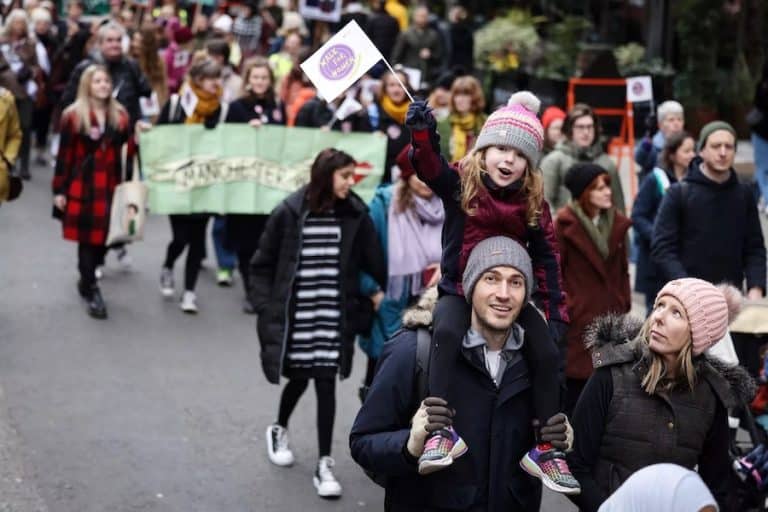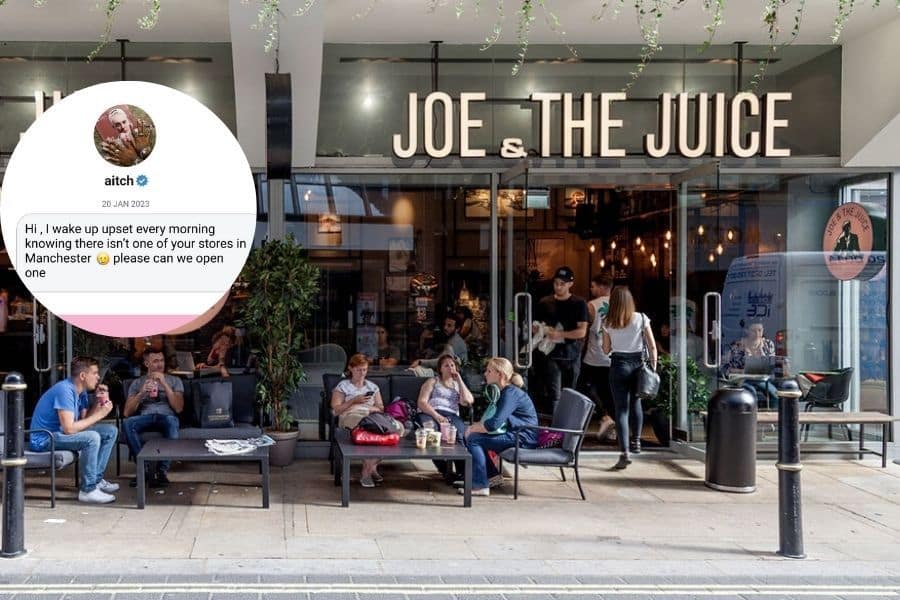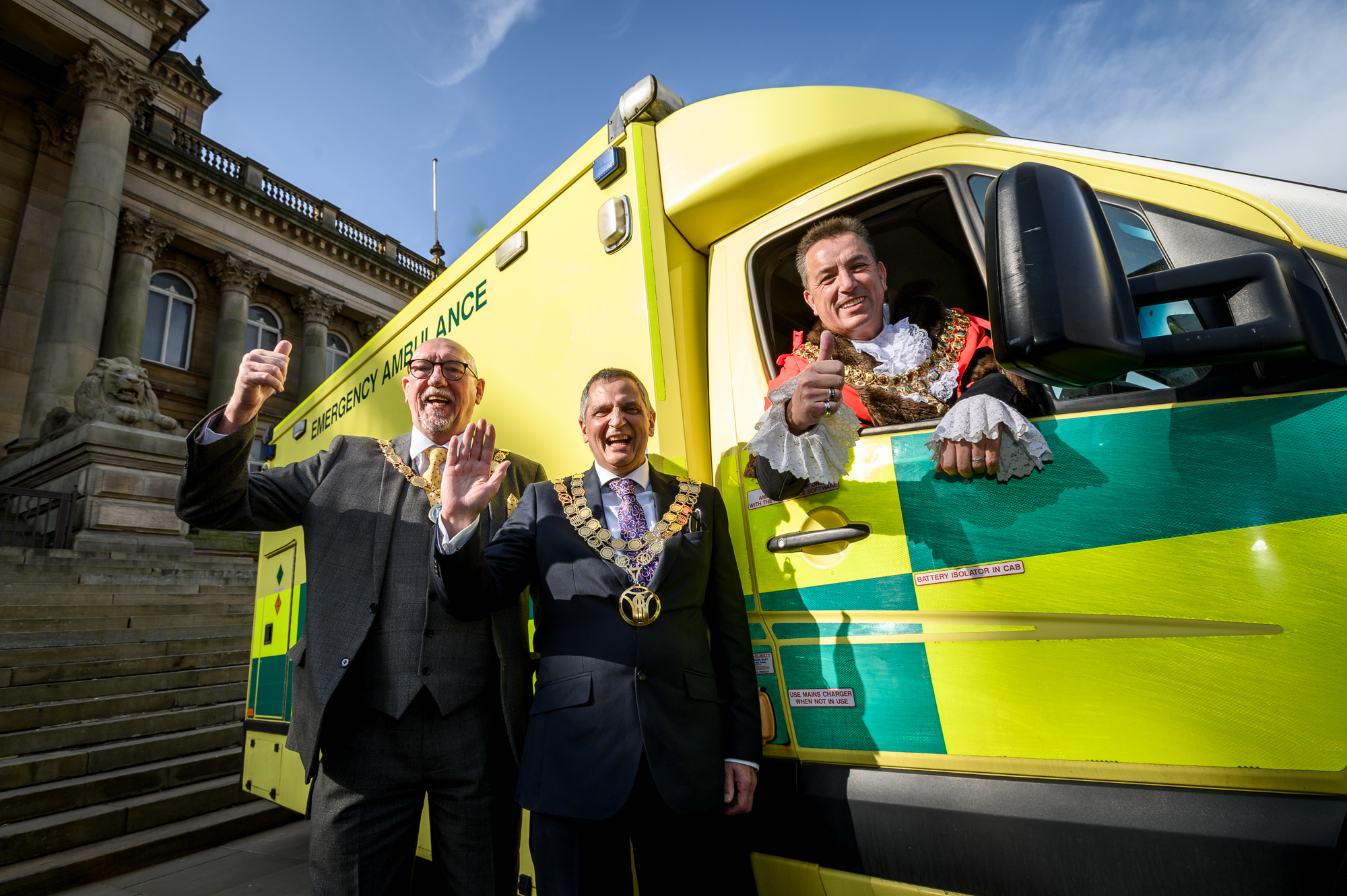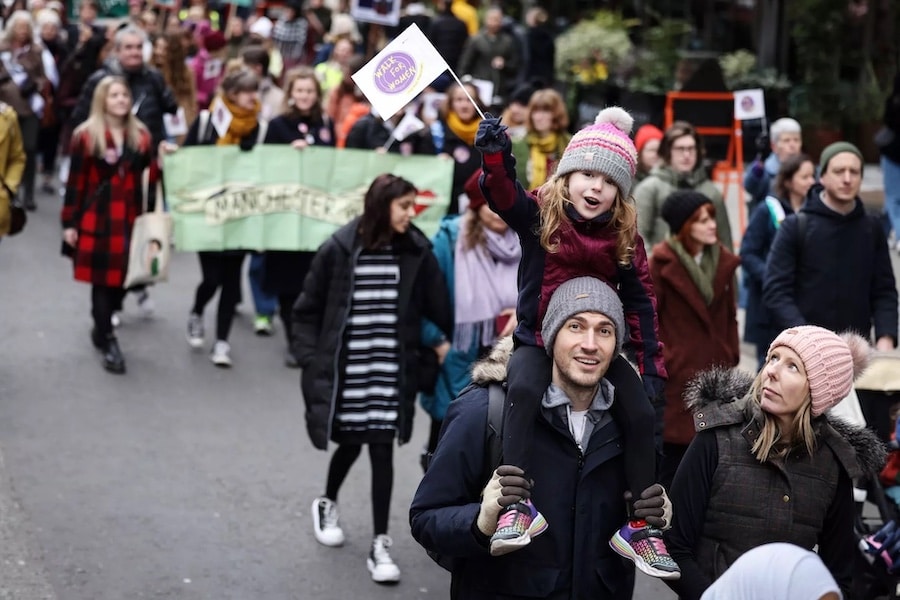24-hour transport people: Manchester to get London-style travel network?
- Written by Georgina Pellant
- Last updated 2 years ago
- Travel & Hotels
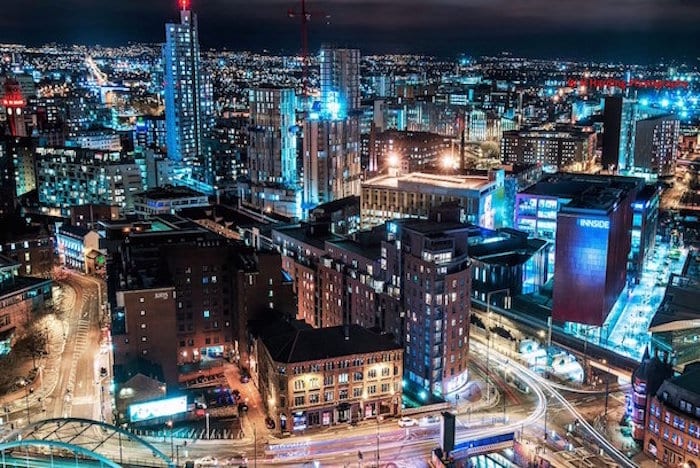
New York City may once have had a monopoly on nightlife, but not any more. Nowadays, it’s just one of many cities that don’t get much sleep thanks to the growth of businesses operating between 6pm and 6am – what’s known as the night-time economy.
From NHS staff to hospitality and logistics, 414,000 people work night time hours across a breadth of sectors in Greater Manchester.
With after-hours employment growing 45 per cent faster than the rest of the Greater Manchester economy since 2001, the model has been identified by experts as a powerful tool for revitalising the region and improving local prosperity.
And so, with a view to investing further in what is now the UK’s fifth-biggest economy, proposals have been announced this week making a strong case for the implementation of a new round-the-clock public transport network here in Manchester.
Taking inspiration from London’s 24-hour ‘night tube’ and public transport links in Berlin, Munich and Milan, this would aim to connect Greater Manchester’s existing pub and club networks and increase public transport coverage across the region as a whole.
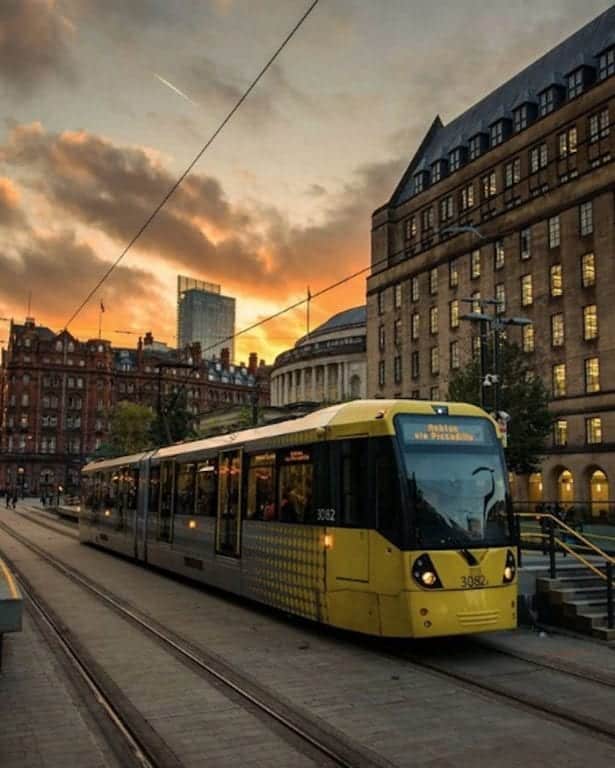
The suggestion comes as part of a 5-point night-time economy blueprint put forward by Manchester’s night-time economy supremo and key mayoral advisor Sacha Lord. He has been reviewing what life looks like for Manchester’s many late-night workers and partygoers with a view to improving the way the city’s after-hours economy functions for us all.
He also looks at places like Stockholm, Paris and Tallinn, where late-night cafe culture and museum openings mean that visitors and locals alike can drink at cultural attractions and still enjoy a coffee or meal afterwards.
The report notes a significant reduction in the number of pubs and clubs in the region, but also found that the number of restaurants was on the rise – with the number of new openings in Manchester outstripping the rest of the UK.
Arguing that the night-time economy “plays a critical part of the growth and leading status of our city,” Sacha is keen to stress that the plans will not just serve Manchester’s countless businesses, but also hundreds of thousands of employees.
So as well as considering how the economy can be improved for punters, the new blueprint also looks at improving working conditions and career progression opportunities for night shift workers, who make up a staggering 33% of the Greater Manchester workforce.
Highlighting the need for greater emphasis to be placed on mental health, safety and wellbeing, the report proposes the creation of a new voluntary operators standard with best practice guidelines regarding wages and tips to ensure a supportive and fair working environment for all.
Considering that around 21% of full-time and 53% of part-time after-hours workers currently earn less than the living wage, this seems an important change for an industry currently worth over £70 billion to the UK economy.
The official blueprint has been released this week, following a series of consultations held across Greater Manchester with workers, customers, operators, local authorities and other key stakeholders, and can be viewed in full online.
It will be supported in the following weeks with a public survey to gauge local opinion.
Speaking at Friday’s meeting of the Combined Authority in Oldham, Mayor of Greater Manchester, Andy Burnham said: “We’ve seen the turnaround in towns like Altrincham, and many of our towns have further potential. We are beginning to turn around perceptions of our towns, a big challenge I have set for Greater Manchester devolution: can it be good for our towns as well as our two cities? There is growing evidence that it is indeed possible, and this is a strong blueprint.”
- This article was last updated 2 years ago.
- It was first published on 2 August 2019 and is subject to be updated from time to time. Please refresh or return to see the latest version.
Did we miss something? Let us know: [email protected]
Want to be the first to receive all the latest news stories, what’s on and events from the heart of Manchester? Sign up here.
Manchester is a successful city, but many people suffer. I Love Manchester helps raise awareness and funds to help improve the lives and prospects of people across Greater Manchester – and we can’t do it without your help. So please support us with what you can so we can continue to spread the love. Thank you in advance!
An email you’ll love. Subscribe to our newsletter to get the latest news stories delivered direct to your inbox.
Got a story worth sharing?
What’s the story? We are all ears when it comes to positive news and inspiring stories. You can send story ideas to [email protected]
While we can’t guarantee to publish everything, we will always consider any enquiry or idea that promotes:
- Independent new openings
- Human interest
- Not-for-profit organisations
- Community Interest Companies (CiCs) and projects
- Charities and charitable initiatives
- Affordability and offers saving people over 20%
For anything else, don’t hesitate to get in touch with us about advertorials (from £350+VAT) and advertising opportunities: [email protected]
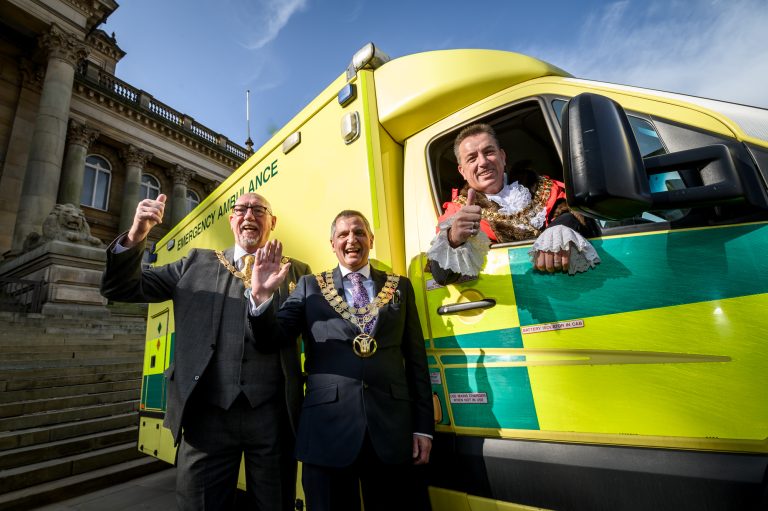
Mayors and veterans unite to drive ambulances of hope to Ukraine
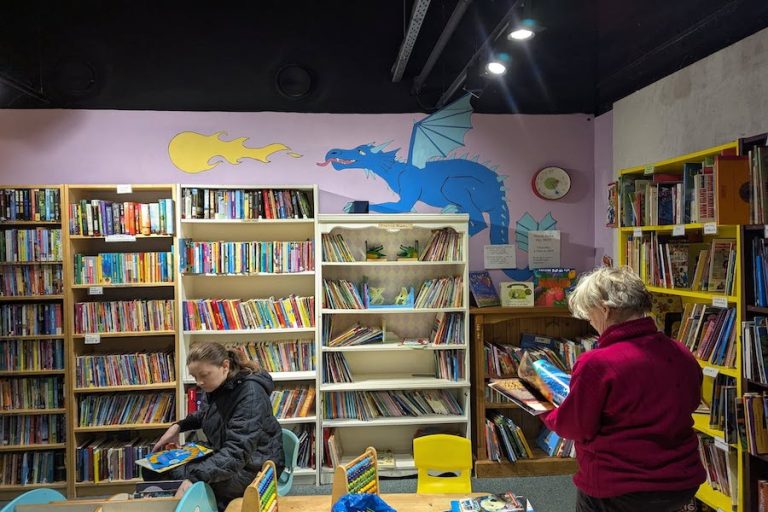
The bookshop where everything is free and everyone gets a warm welcome

How I AM has been changing lives for neurodivergent people for over 50 years

Review: RNCM Session Orchestra with Tim Burgess and Helen O’Hara is ‘a joyful evening of classics’

